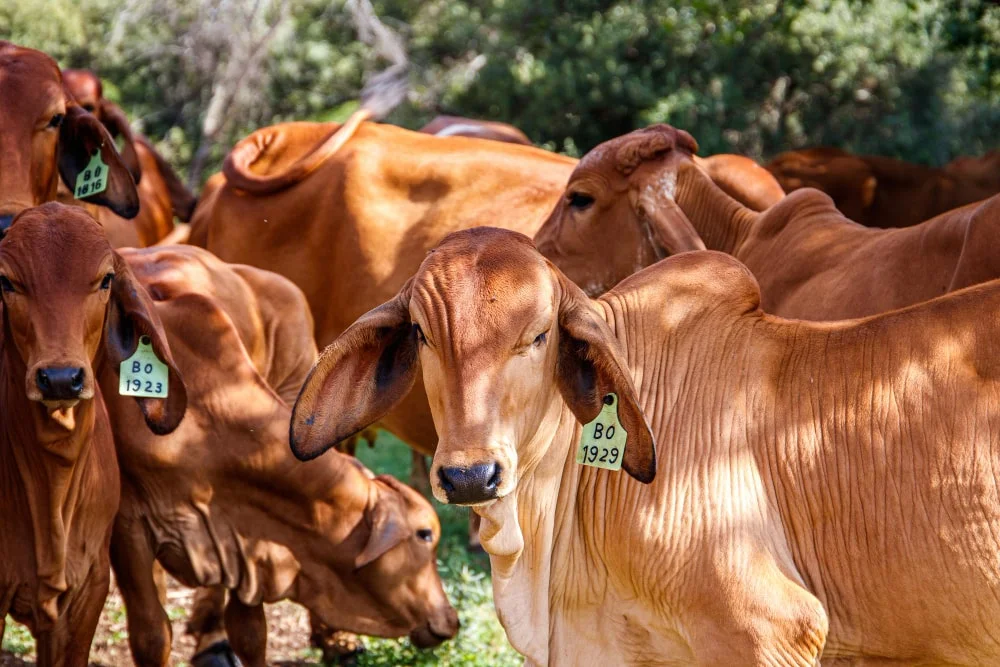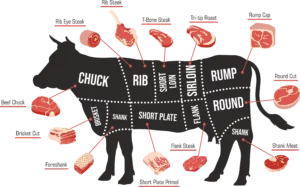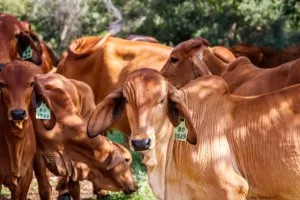The meat supply in Africa can vary significantly from region to region due to factors such as cultural preferences, economic conditions, infrastructure, and local agriculture practices. Here are some key points to consider regarding the meat supply in Africa:
- Diversity of Meat Sources: African countries have a wide variety of meat sources, including livestock such as cattle, goats, sheep, poultry, and even game animals. Different regions may have specific preferences for certain types of meat.
- Livestock Farming: Livestock farming plays a vital role in many African economies. Traditional herding practices are common, and livestock often serves as a source of food, income, and social status.
- Challenges in Infrastructure: Many African countries face challenges related to infrastructure, which can impact the distribution of meat. This includes issues with transportation, storage, and refrigeration.
- Urbanization and Demand: As urbanization increases in some African countries, the demand for meat, especially processed and convenience meats, has also grown. This shift has led to changes in the meat supply chain.
- Traditional Markets: Traditional markets, where fresh meat is often sold, remain important in many African cities and rural areas. These markets can provide access to locally produced meat.
- Imports and Exports: Some African countries rely on imports for certain types of meat due to domestic supply constraints. Conversely, countries with surplus meat production may export to neighboring nations.
- Food Security and Nutrition: Meat is a valuable source of protein and nutrients, and ensuring a stable meat supply is crucial for addressing food security and nutrition concerns in many parts of Africa.
- Health and Hygiene: Ensuring proper meat hygiene and safety standards is essential to prevent foodborne illnesses. Proper processing and distribution practices are crucial in this regard.
- Sustainable Practices: There is increasing awareness about the importance of sustainable livestock farming practices to minimize environmental impact and ensure the long-term availability of meat resources.
- Cultural Preferences: Cultural and religious preferences can influence meat consumption patterns. For example, some regions have a preference for halal or kosher meat.
- Government Policies: Government policies can have a significant impact on the meat supply chain, including regulations related to imports, exports, animal health, and food safety.
- Investment and Innovation: Some African countries are investing in modernizing and improving their meat processing and distribution infrastructure to meet growing demand.
It’s important to note that the meat supply situation can vary widely across the African continent due to its vast size and diversity. To get accurate and up-to-date information about the current state of the meat supply in a specific African country or region, it’s recommended to refer to local agricultural and food authorities or organizations.





